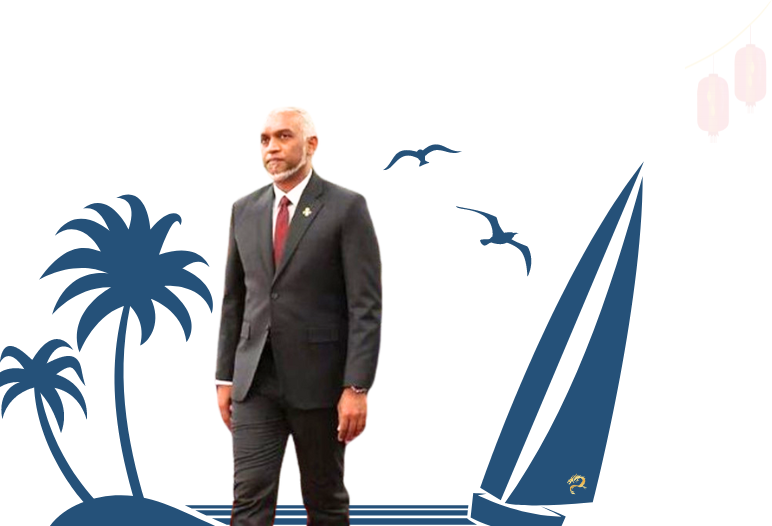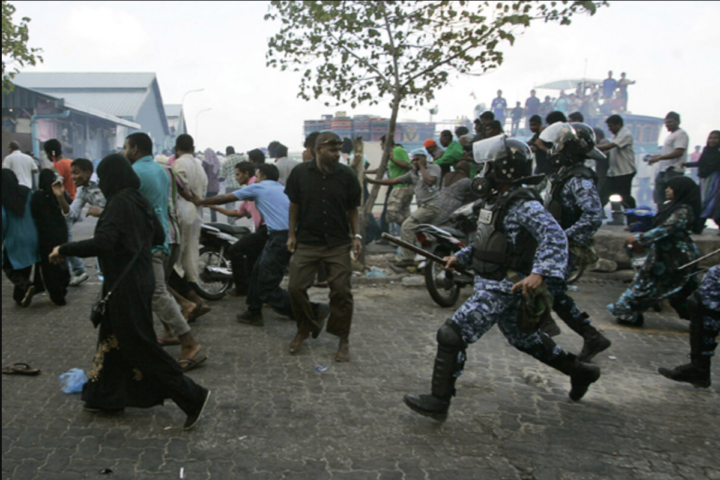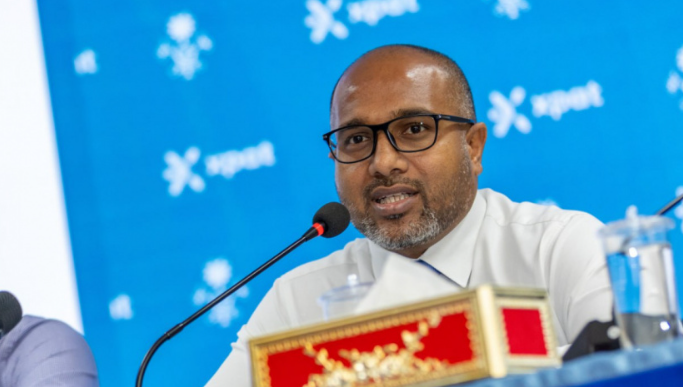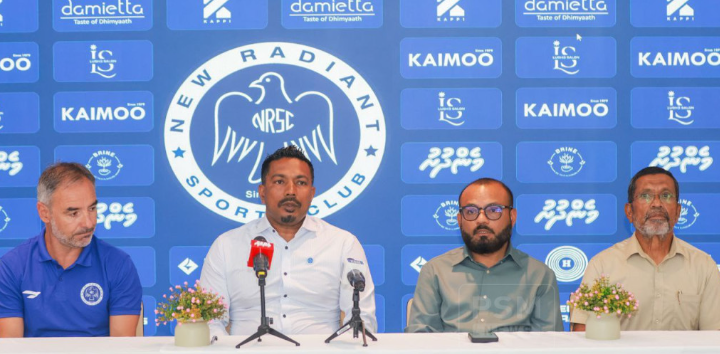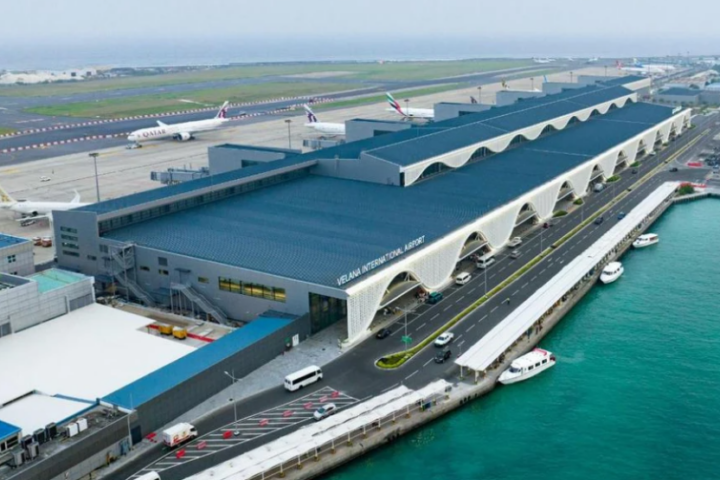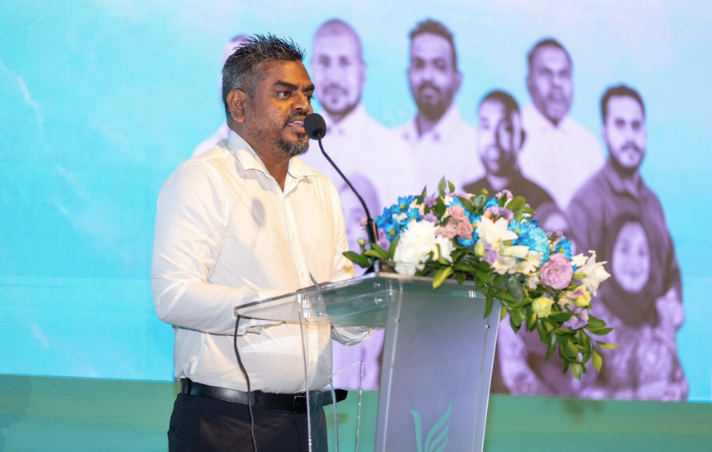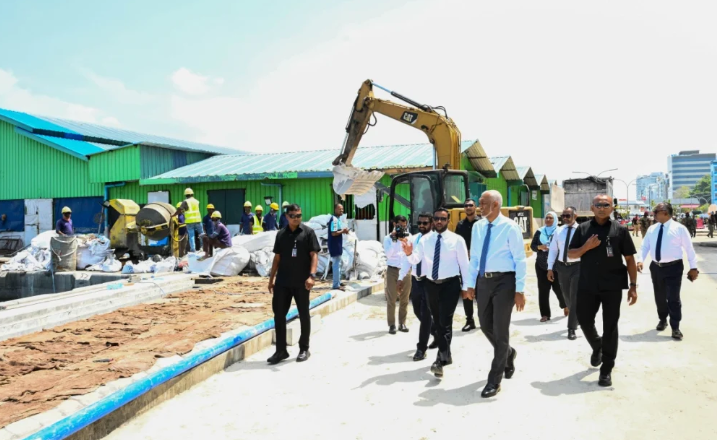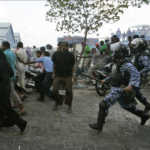The Maldivian Democratic Party (MDP), the principal opposition, is intensifying its campaign to challenge the government’s narrative on various fronts, alleging fabrications and deceit. Tomorrow night, the opposition plans to stage a rally themed “lies filled public plate” (Dhogu dholangu jalsa), aiming to spotlight what they perceive as a pattern of misinformation propagated by the government.
Tensions between the government and the opposition have escalated, encompassing disputes over governance, the economy, elections, and democracy itself. The opposition asserts that the government’s assertions lack sincerity, citing documented instances of falsehoods during the presidential election campaign and manipulation of the formerly independent media environment.
This schism underscores a deep-rooted division within national politics, as both factions engage in a contest of narratives and credibility. While the government endeavors to uphold its authority and legitimacy, the opposition remains resolute in its endeavors to hold the government accountable and expose what it regards as systematic deceit.
As the nation grapples with these internal tensions, lingering questions persist about the future of democracy and transparency in the country.
In the wake of Dr. Muizzu’s triumph in the presidential election, a notable shift in the nation’s political and diplomatic landscape has materialized, eliciting scrutiny both domestically and internationally. Central to this transformation is the trajectory of the Maldives’ foreign policy, particularly its evolving relationship with regional powers, notably India and China.
The electoral campaign, notably characterized by the ‘India Out’ rhetoric, spearheaded by the People’s National Congress (PNC), has precipitated a reevaluation of bilateral relations. This campaign, grounded in pledges to diminish the Maldives’ economic and political reliance on New Delhi, has prompted diplomatic recalibration.
However, dissenting voices from within the Maldives have emerged to contest President Muizzu’s narrative, citing concerns over exaggerated claims and unfulfilled promises. Former Foreign Minister Abdulla Shahid, for example, has refuted assertions of thousands of Indian military personnel stationed in the country, denouncing them as part of a misleading narrative perpetuated by the President.
At the crux of this geopolitical realignment lies China’s burgeoning influence in the Maldives. Muizzu’s administration, through strategic bilateral visits, particularly to Turkey and China, has signaled a pivot away from traditional allies in favor of closer ties with Beijing. While these overtures have yielded apparent successes, including cooperative partnerships and trade agreements, lingering questions persist regarding their long-term implications for the country’s economic and geopolitical stability.
Of particular concern is the Maldives’ growing indebtedness to China, which constitutes a significant portion of the nation’s foreign loans. The swelling debt, coupled with the embrace of China’s ambitious Belt and Road Initiative (BRI), has elicited regional and international apprehension over the sustainability of such financial arrangements.
Moreover, the opaque nature of loan agreements and repayment terms has underscored the asymmetrical nature of Maldives-China economic relations.
While China’s assertive economic diplomacy has drawn attention, the Maldives’ posture towards India has not gone unnoticed. Muizzu’s administration’s perceived efforts to distance itself from India have raised eyebrows in New Delhi, signaling a potential rift in the longstanding bilateral relationship.
In this complex milieu, the Maldives finds itself at a crossroads, grappling with the intricacies of balancing competing geopolitical interests while addressing pressing domestic economic challenges.
